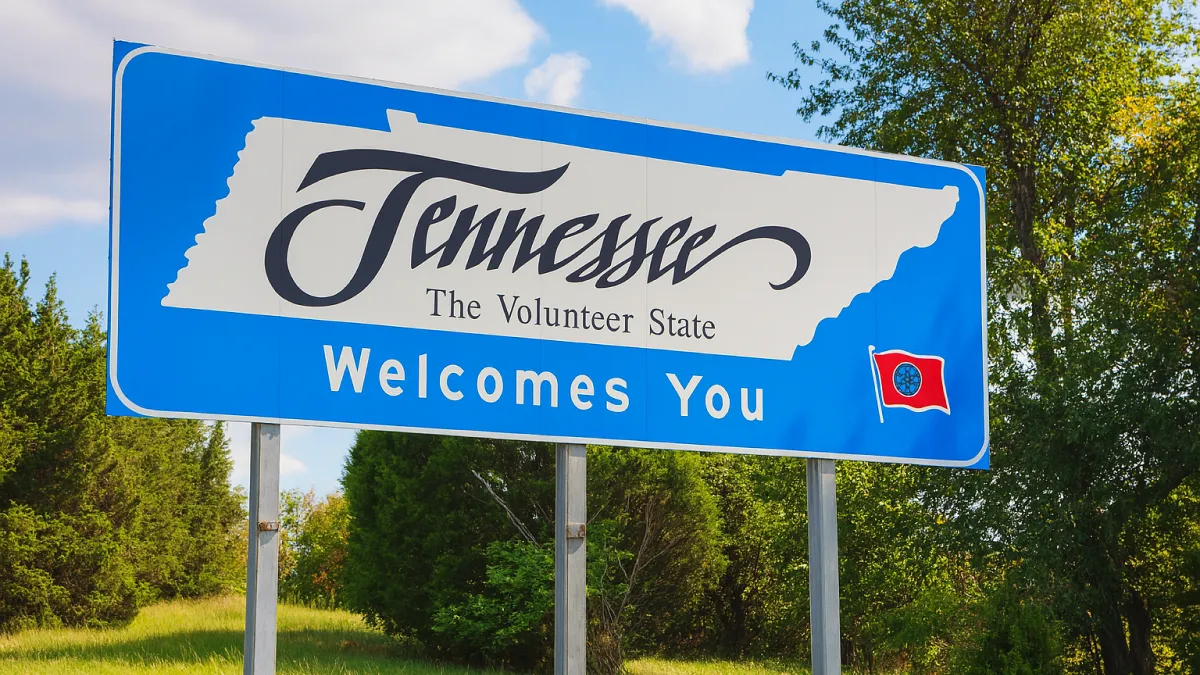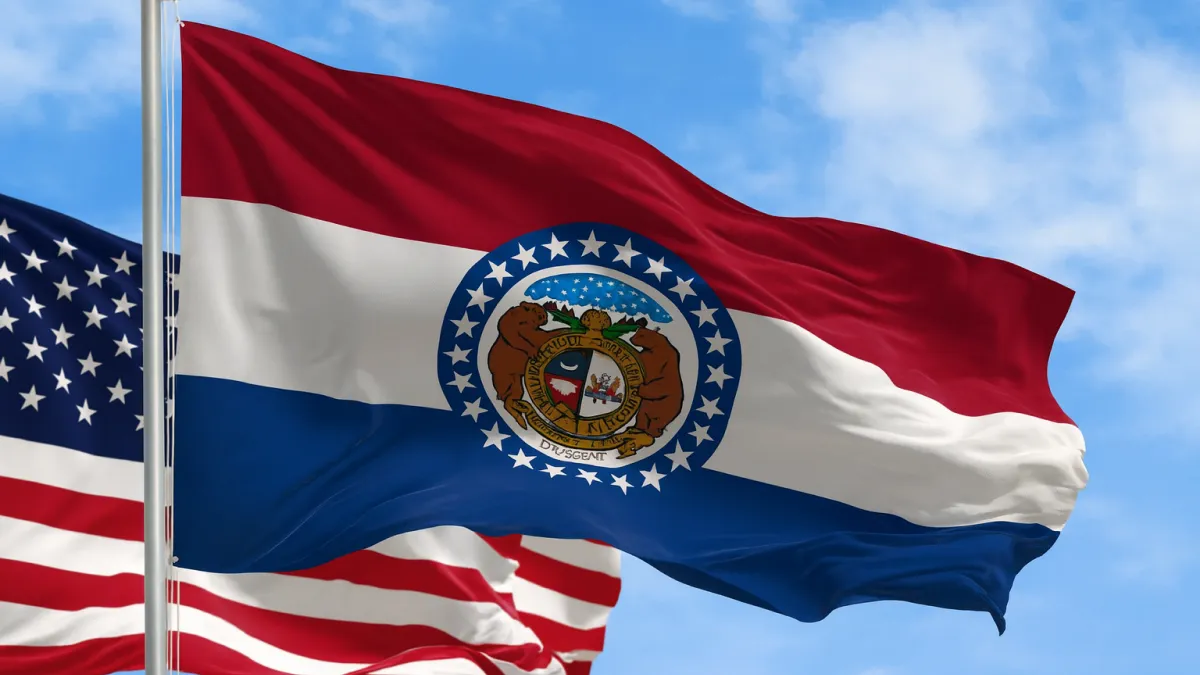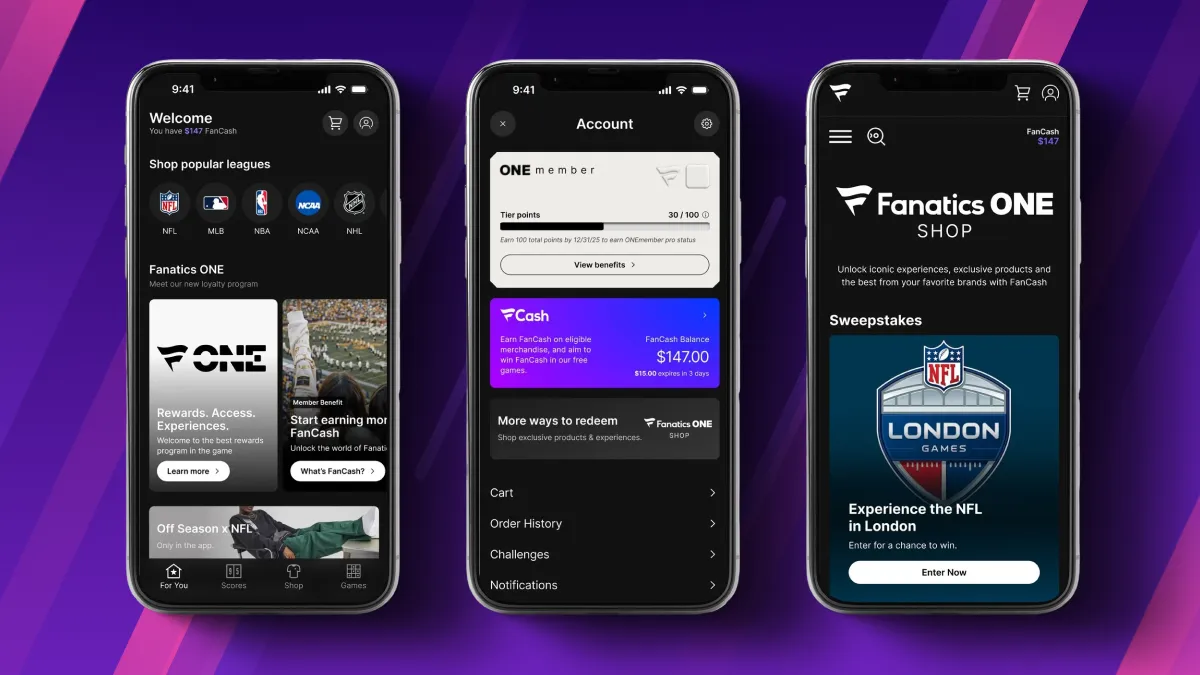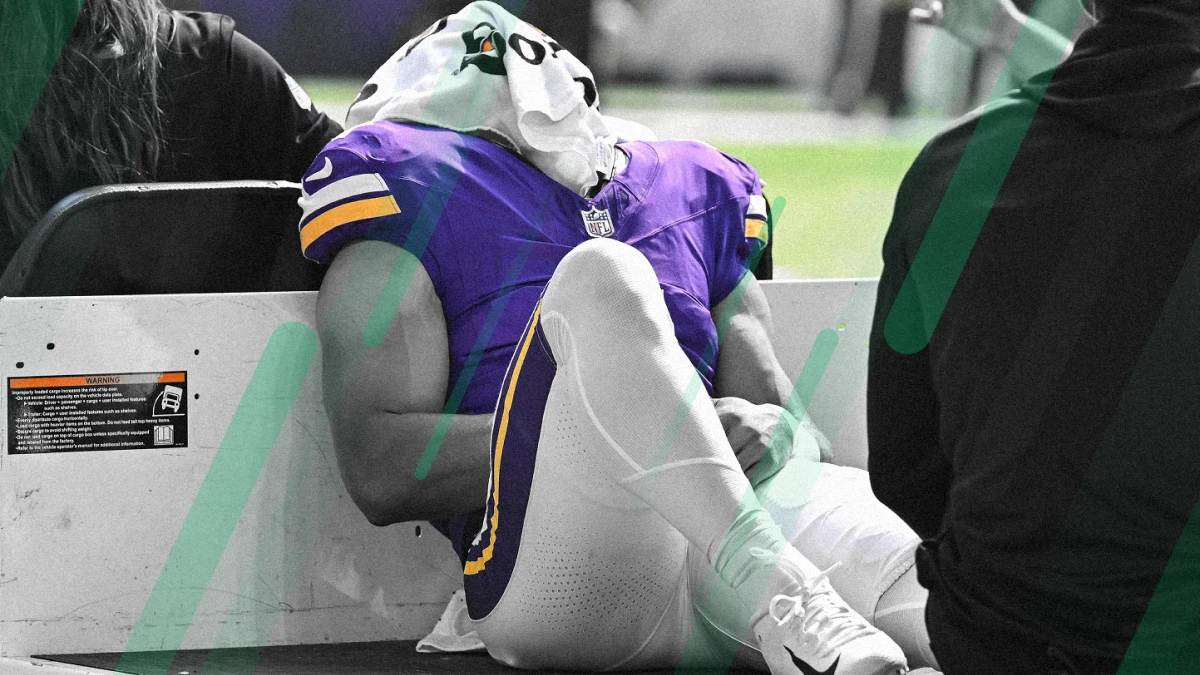Tennessee Hits Offshore Sportsbooks With $250K in Fines

1.0
Default
The Tennessee Sports Wagering Council has issued hundreds of thousands in fines to illegal overseas sportsbooks. The five sportsbooks each have to pay $50K each, and they include BetAnySports, JazzSports, Bookmaker, BetOnline, based in Panama, and Everygame, based in Curacao.
The Tennessee Sports Wagering Council has issued a combined $250,000-fine to five illicit overseas sportsbooks found unlawfully operating within state borders. Each operator was fined $50,000 for violating the Tennessee Sports Gaming Act by accepting wagers from Tennessee residents without proper licensing.
The penalized operators include BetAnySports, based in Costa Rica; JazzSports, Bookmaker, BetOnline, based in Panama; and Everygame, based in Curacao. According to Sports Wagering Council officials, all five platforms have been conducting business in Tennessee illegally, exposing bettors to serious financial and data security risks.
Cracking down on bad actors
This latest action brings the SWC’s total fines against illegal books to $600,000, demonstrating the agency’s heightened enforcement efforts. Mary Beth Thomas, the Executive Director of the SWC, emphasized the agency's commitment to cleaning up the online sports betting landscape.
“The SWC is exploring all avenues with its network of law enforcement to eliminate these bad actors from Tennessee,” Thomas said. “Consumers in Tennessee need to be aware that illegal operators will gladly take their money and personal information, and if a consumer does business with an illegal book, they give away their information to criminals.”
Illegal operators often fail to provide any consumer protections, leaving bettors vulnerable to fraud, data breaches, and non-payment of winnings.
Illegal sites violate more than just licensing laws
Illegal sportsbooks don't just skirt the need for proper licensure - they frequently violate multiple key provisions of state law. Among the major red flags: accepting wagers on credit, allowing underage gambling, and processing bets in cryptocurrency. Many also offer casino-style games like online slots and poker, which are not permitted under Tennessee’s sports betting regulations.
These features are commonly used to attract bettors but are illegal within the state. Additionally, chance-based betting markets - such as coin tosses or Gatorade color props - are outlawed under Tennessee gaming rules.
In contrast, licensed sportsbooks in Tennessee must adhere to strict consumer protection standards, including identity verification, anti-money laundering protocols, and age restrictions that prohibit anyone under 21 from placing a bet.
Businesses risk penalties for collaborating with illicit operators
The SWC also issued a stern warning to local businesses that may be cooperating with offshore operators. Any Tennessee-based company found to be facilitating or promoting illegal sportsbooks could face both civil and criminal penalties. The council urges residents and companies alike to verify which operators are legal by consulting the list of approved licensees and vendors at tn.gov/swac.
The council’s aggressive enforcement strategy has already yielded results. In October, Bovada, based in Curacao, ceased operating in Tennessee after being fined $50,000. More recently, social sportsbook Legendz withdrew from the market in April after receiving a cease-and-desist letter from the SWC. These successes demonstrate that regulatory pressure, when sustained, can force even long-running offshore platforms to retreat from illegal markets.
SWC’s role in protecting Tennessee consumers
The Tennessee Sports Wagering Council is responsible for regulating and enforcing all aspects of online sports wagering within the state. It licenses and monitors operators and vendors, ensuring compliance with both the Tennessee Sports Gaming Act as well as the Tennessee Fantasy Sports Act. The council also administers the state's privilege tax on sportsbook revenue.
Ultimately, the SWC’s mission is to create a safe, transparent environment for sports betting in Tennessee. By holding illegal operators accountable and alerting the public to the dangers of unregulated platforms, the agency continues to promote integrity and consumer protection in the evolving online gambling space.








_800x800.webp)











